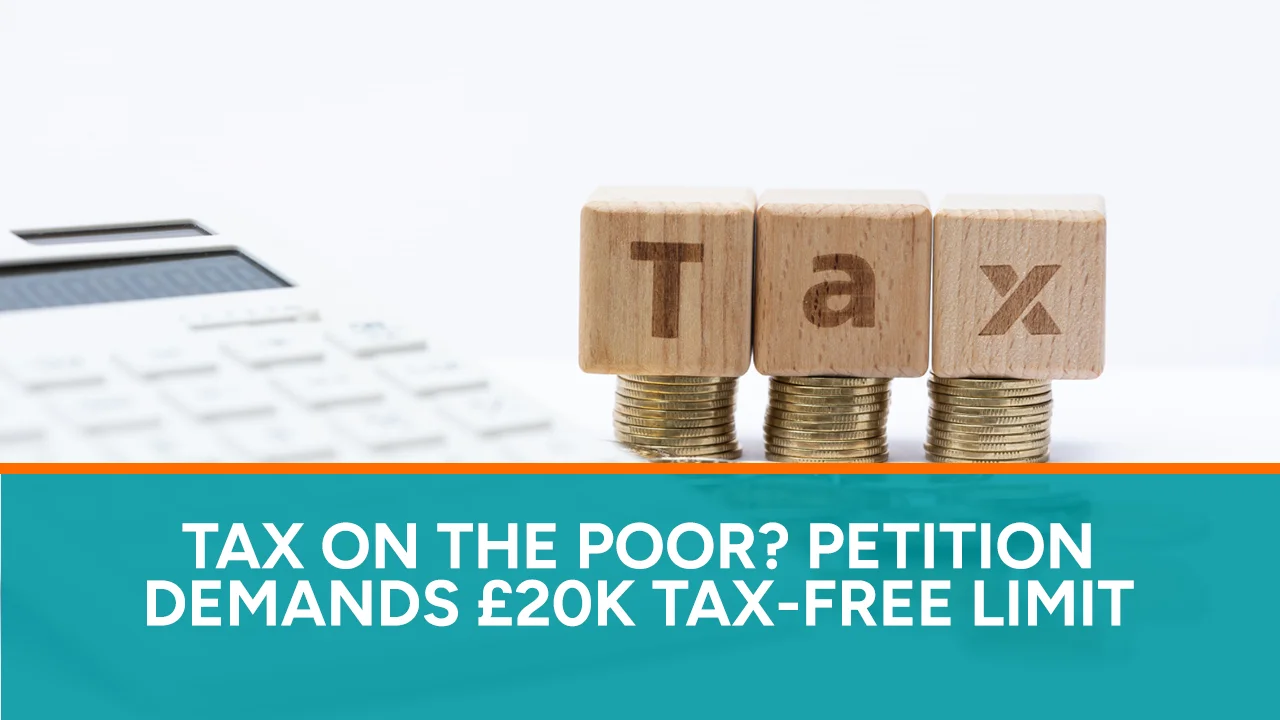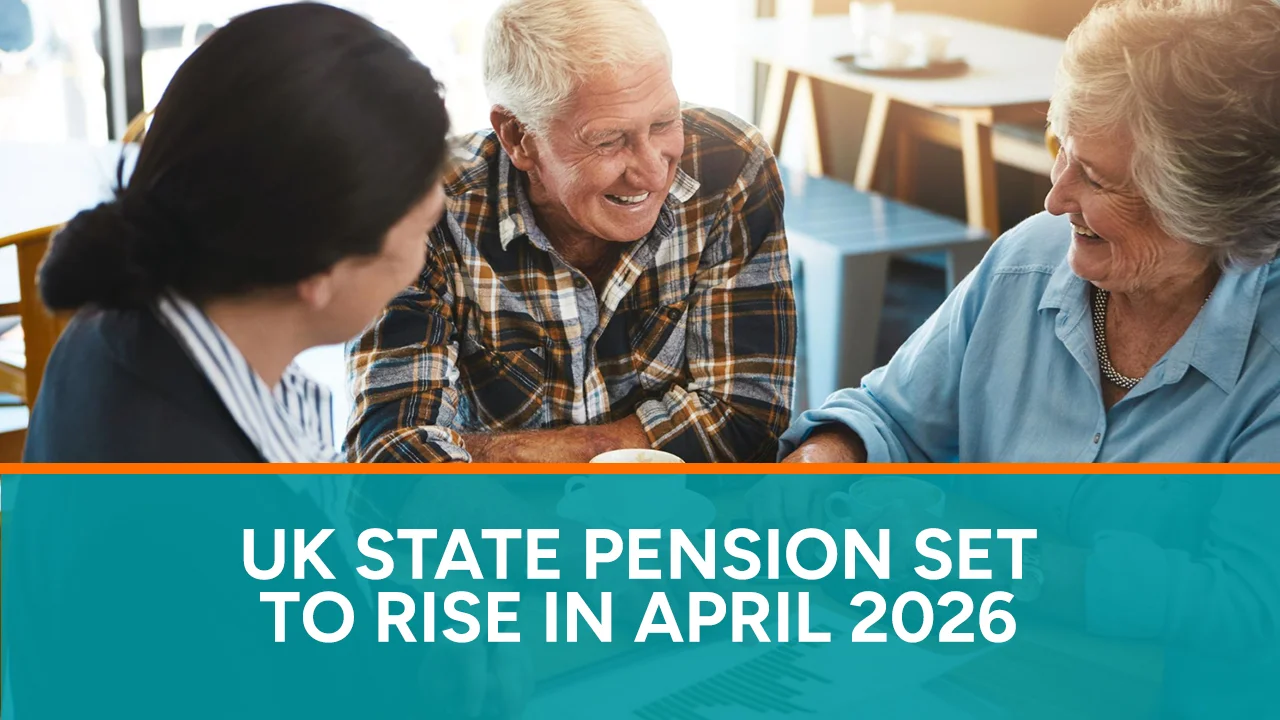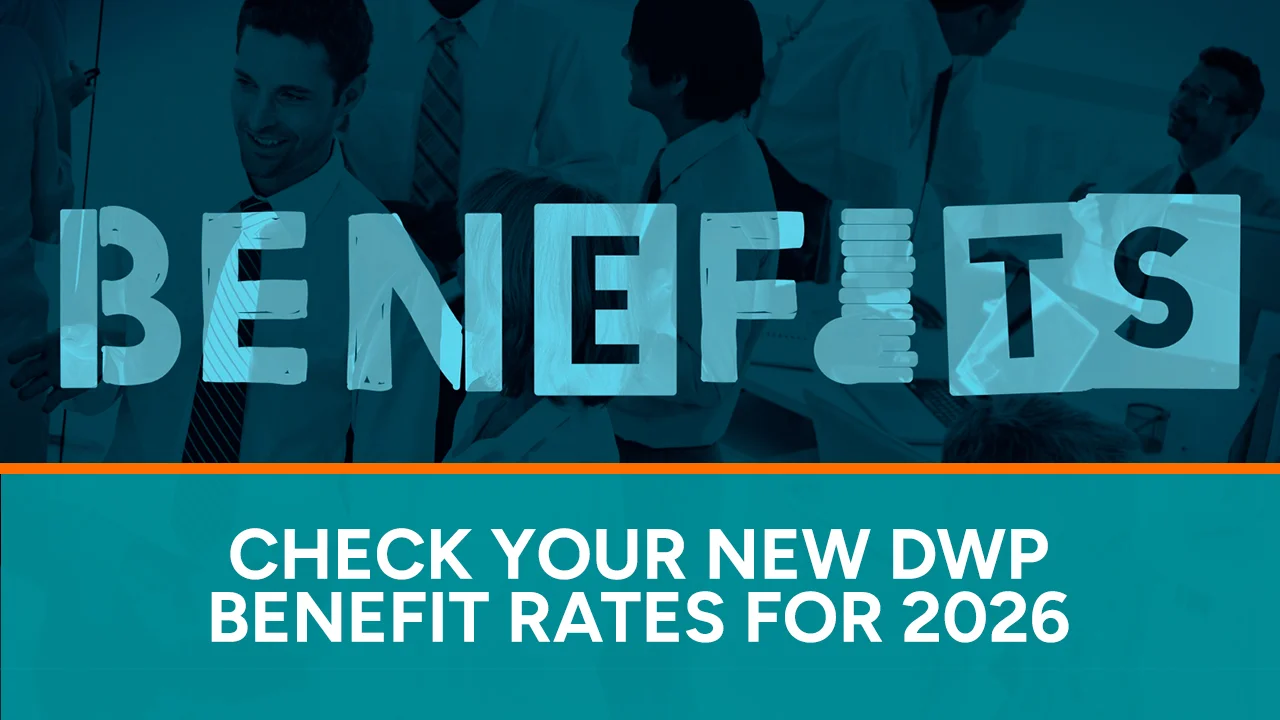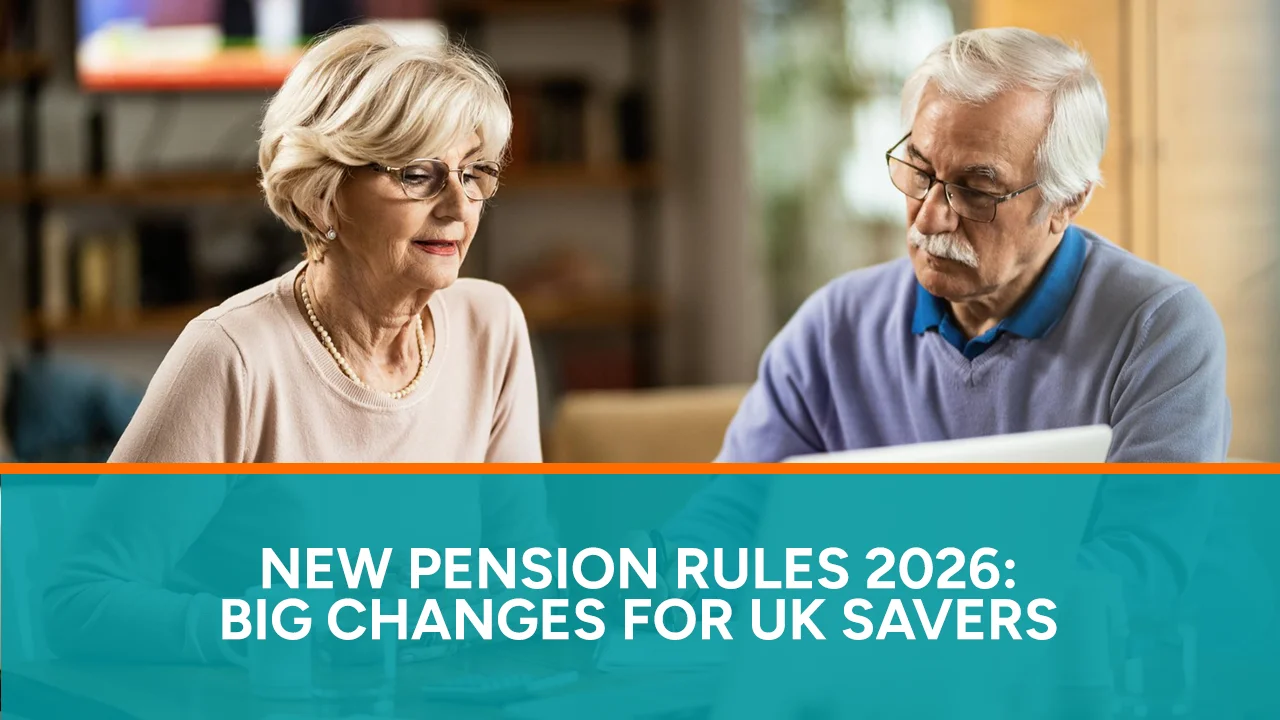More than 280,000 people in the UK have signed a petition to increase the personal tax allowance from £12,570 to £20,000. This movement, called the £20K tax-free income petition, reflects the frustration many Britons have about high taxes on low earners. With rising household bills and high inflation, people are questioning why those with the lowest incomes are still taxed so much.
The Tax Threshold Tipping Point
The support for the petition grew quickly after a heated debate in Parliament, making it the second most-signed on the official website. Since 2021, a tax freeze has quietly pushed millions into paying taxes, a situation called fiscal drag. Fiscal drag happens slowly, moving more income into the taxable range without changing tax laws. This process reduces the value of income and leaves workers and pensioners with less money.
This moment is important because it unites people from different political backgrounds. Many are calling for a modern tax system that doesn’t hurt those who are already struggling. The petition shows that workers, including warehouse staff and retired nurses, believe the tax system does not match today’s economic reality.
Understanding Fiscal Drag – The Silent Tax Riser
Fiscal drag may sound complicated, but it affects everyday workers. When personal tax limits are frozen, like they are in the UK until 2025, any increase in wages, pensions, or benefits leads to more people paying taxes or paying at higher rates, even if they don’t have more money to spend.
For example, a nurse who gets a small pay raise to keep up with living costs may find that more of their income is taxed, making the raise less beneficial. Retirees whose pensions increase with inflation might exceed the tax-free limit and start paying income tax for the first time.
This situation acts like a tax increase without any headlines. People trying to make ends meet during a cost-of-living crisis are taxed more just for receiving small pay raises. The outcome is less take-home pay and added pressure on those who can least afford it. As inflation increases daily costs, fiscal drag causes tax bills to rise even when real income doesn’t.
Who’s Hit Hardest? Low Earners and Pensioners
The petition argues that the tax freeze unfairly affects low-income earners and pensioners. For retirees, this is especially tough. While the State Pension is rising, many pensioners now have to pay taxes on their income. Campaigners believe it’s time to stop taxing pensions that barely exceed the threshold.
Many pensioners don’t realise that their increased pension puts them into a taxable range. Without an employer handling tax deductions, some are surprised by tax bills from HMRC. For older adults on fixed incomes, these unexpected costs can be hard to manage.
Working families, especially those with part-time jobs or zero-hour contracts, feel frustrated when they have to pay taxes for earning just over £12,570. This isn’t just unfair; it’s about survival. The petition calls the situation “abhorrent” and demands immediate reform of low-income taxes.
£20,000, A Reasonable Request?
Raising the tax threshold to £20,000 is not an arbitrary number. Campaigners say this amount better reflects the rising cost of living and the financial strain on today’s families. It would lift tax burdens from low earners, allowing them to spend more money in the economy, which helps it grow.
Currently, a single person earning £20,000 pays about £1,486 in income tax. Increasing the threshold would remove that tax, putting hundreds of pounds back into their hands each year. This extra money could help pay for groceries, school uniforms, or heating bills.
Moreover, this change could reduce reliance on benefits. If people keep more of their earnings, fewer will need support from Universal Credit or housing assistance. The petition for a higher personal allowance suggests that this change would offer dignity instead of dependency. With a larger allowance, families could achieve more financial stability, lower their debt, and start saving.
Political Reactions, Divided but Listening
The petition caused a strong reaction in Parliament. Lib Dem MP Daisy Cooper called it a “cry for help” from families in need. During a debate, she pointed out how the system fails to protect vulnerable households during the current cost of living crisis.
Cooper described a “toxic combination” of poor services and high taxes that leaves people feeling squeezed. Full-time parents still depend on food banks, and pensioners must choose between heating and eating. This call for action comes from desperation, not ideology.
Meanwhile, Treasury officials expressed concern about costs. Rachel Reeves tax policy suggests raising the personal allowance to £20,000 would cost over £50 billion, which they compare to cutting a quarter of NHS funding or defence spending. While they understand the issue, Reeves and her team believe any changes must be financially responsible.
She stressed that the Government was chosen to ensure fairness and financial responsibility. There is a real danger of repeating the mistakes from the 2022 mini-budget in policy talks. However, critics say that being cautious should not stop action during tough times.
The Freeze Isn’t Forever – But Is That Enough?
The Government will not extend the UK income tax freeze beyond April 2028, but critics say that’s too long. Millions will keep paying more taxes each year because of inflation and pay raises that don’t increase their real income.
Economists warn that keeping tax thresholds frozen for so long could hurt trust in the tax system. It feels like hidden tax increases rather than real reform. By the time the freeze ends, many workers may face unfair penalties. Waiting three more years is not helpful for people who need relief now.
Other countries have started changing tax policies to adjust for inflation and ensure fairness. Campaigners in the UK are asking why we can’t do the same here. Temporary freezes were never meant to last this long.
What About Payroll and Pension Implications?
Changes to personal tax thresholds impact payroll and pensions. For small businesses in London and the South East, managing payroll changes while following pension auto-enrolment rules can be tricky.
Tax code changes can cause payroll mistakes, delay salaries, and affect pension contributions. Employers need to keep up with HMRC’s latest guidance and have systems ready, which is tough for small teams that are already busy.
That’s where professional help is crucial. At Clarkwell & Co., we provide payroll and pension auto-enrolment services across London. We ensure you meet all your obligations without overwhelming your team. Our experts make payroll processing and pension enrolment easier so you can focus on your business. If you need dependable payroll and pension services in London, we are here for you.
We know how tax changes can affect your operations. Whether you are dealing with year-end compliance or changing employee benefits, our experts offer reassurance.
The Bigger Picture – Who Should Pay More?
The debate about personal allowances raises important questions about who pays taxes. Is it fair for someone earning £13,000 to pay taxes while wealthy people use tax tricks to avoid them? Shouldn’t the rich pay more during tough economic times?
Some people want a tax system that helps low earners and makes sure the wealthy contribute their fair share. Others believe simplifying the tax rules and closing loopholes would create a fairer system without major rate changes.
A fair tax system not only collects money but also shows what a nation values. Changing the allowance threshold could help create a more balanced and fair system. The challenge is finding the political support to make these changes without harming vital public services.
What You Can Do Now
The petition is over, but public pressure still counts. Write to your MP, share this article, and keep up with parliamentary debates. Speak out for tax fairness. Politicians listen when their voters are loud and consistent.
If you’re an employer, talk to your accountant about how payroll and tax changes might affect you in the future. Get ready by updating your systems and training your staff. A smooth payroll process reduces your risks.
Don’t let complicated language confuse you. Knowing your payslip, tax code, and pension contributions gives you power. If it feels too much, remember that trusted advisors like Clarkwell & Co. are just a call away. We provide expert advice, reliable support, and practical tools to help you stay compliant and in control.
A Tax System That Works for Everyone
This issue is not just about numbers; it’s about fairness and dignity. We must ensure that those who earn the least are not unfairly treated. Whether the Government raises the threshold to £20,000 or not, people want tax policy to change with today’s needs.
At Clarkwell & Co., we do more than file returns; we support fair results for workers, employers, and pensioners. From managing payroll to setting up pension auto-enrolment, we help build strong financial foundations.







